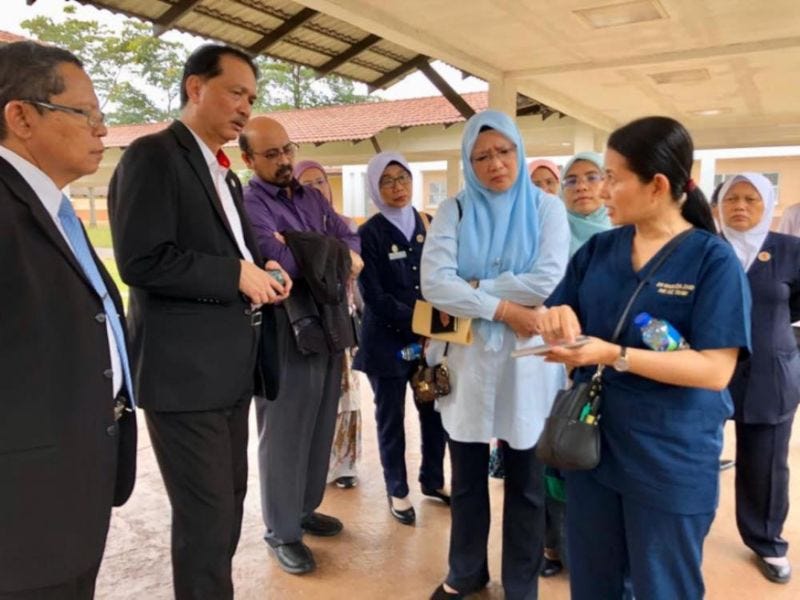Malaysia’s Health Czar Under Fire
Critics charge mismanagement, authoritarian behavior

A widening chorus of critics charges that Malaysia’s Director-General for Health, Noor Hisham Abdullah, has badly mishandled the country’s approach to the Covid-19 virus while fostering a cult of personality around him and aggrandizing his importance, almost rendering him out of control.
The pandemic has now affected at least 5,532 victims and caused 93 …
Keep reading with a 7-day free trial
Subscribe to Asia Sentinel to keep reading this post and get 7 days of free access to the full post archives.
